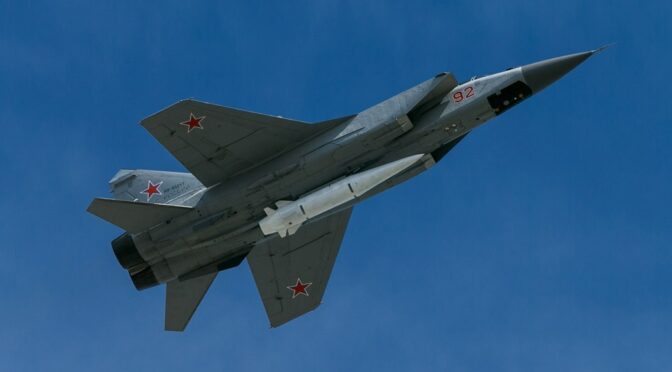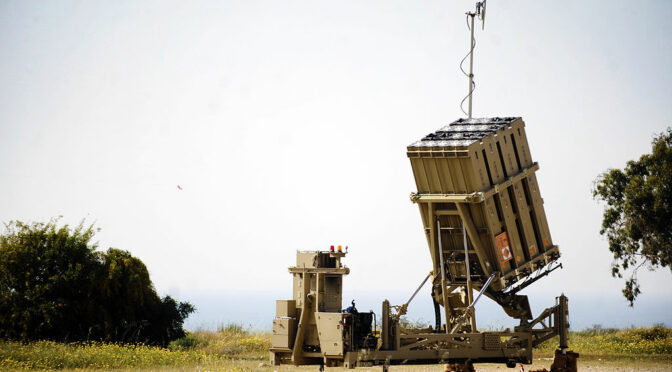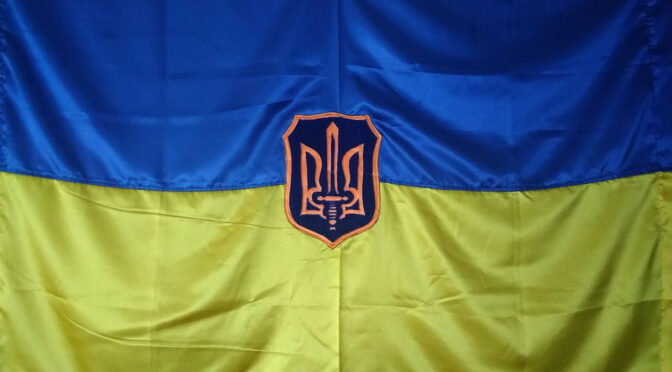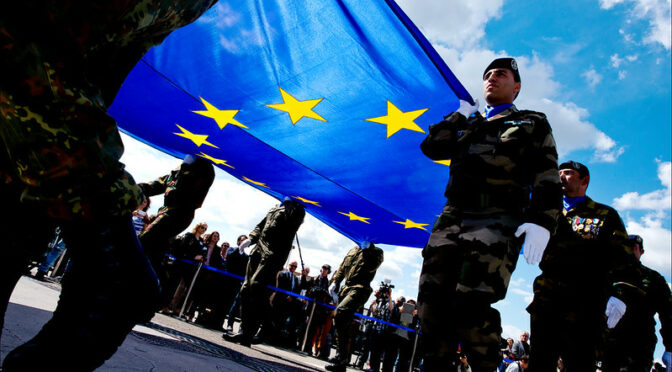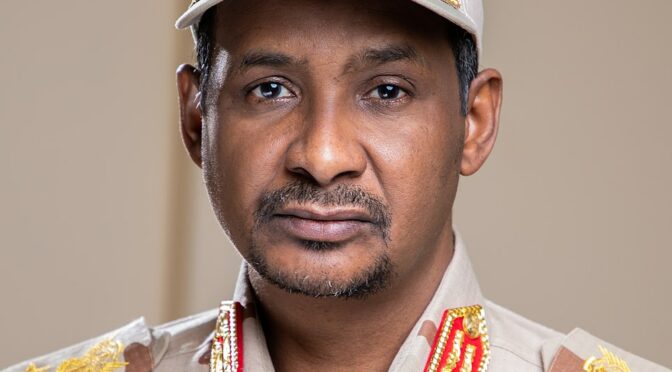Article published in The Daily Telegraph, 23 May 2023. © Richard Kemp
Yesterday’s cross-border raid from Ukraine into Russia’s Belgorod province by anti-Kremlin partisans known as the Russian Freedom Legion and the Russian Volunteer Corps is the largest offensive action inside Russia’s borders since Putin’s invasion began. The group seems to have struck the frontier post at Kozinka, apparently killing a border guard, before crossing into Russian territory around Grayvoron with armoured vehicles, mortars and artillery support.
This action is unlikely to develop into a significant assault on Russian territory because the Ukrainian army itself remains constrained to operations within its own borders by agreements with military donor nations.
Nevertheless it is a major humiliation for Vladimir Putin. Who would have thought last February, as he launched his special military operation confident that Ukraine would be subdued with a matter of days, that his forces would spend much of the next year on the back foot and he would now be facing an incursion onto his own territory?
Not only that, but ironically Putin’s own much-vaunted ‘hybrid war’ tactics have been turned against him in an echo of the proxies and deniable ‘little green men’ he sent to invade Ukraine back in 2014.
This has put Putin and his propagandists into a flat spin, with embarrassed pro-Kremlin bloggers branding the raid a mere distraction by Ukraine from Russia’s ‘conquest’ of Bakhmut. Yes, Putin can make use of the Belgorod incursion, claiming that Russia is somehow the victim and has been attacked by a hostile West – no doubt followed by his usual dark threats against Nato. But in taking that line, as he did with the drone attack on the Kremlin, he only emphasises his country’s vulnerability with its vast porous border that cannot realistically be defended. Russia’s weakness is underlined by the continuation of the raid into a second day.
Ukraine’s denial of any knowledge of the raid is again the mirror image of Putin’s own tactics and should be taken with a pinch of salt. In reality this operation is part of Kyiv’s effort to ‘shape the battlefield’, in military parlance. This includes reconnaissance, feinting manoeuvres and deception to identify the enemy’s strengths and weaknesses, sow confusion, keep him guessing about where the counter-offensive hammer will fall and force him to react in a way that will both reveal his dispositions and stretch his forces.
This raid has given Putin a major dilemma. Can he afford to dismiss it and risk repeated humiliating attacks, or must he redeploy forces to try and tighten border defences? Continued attacks may not be Continue reading


